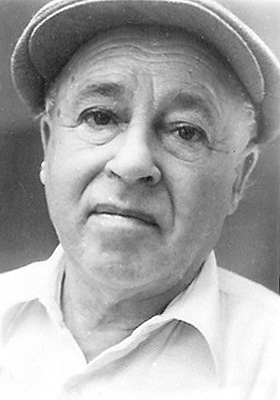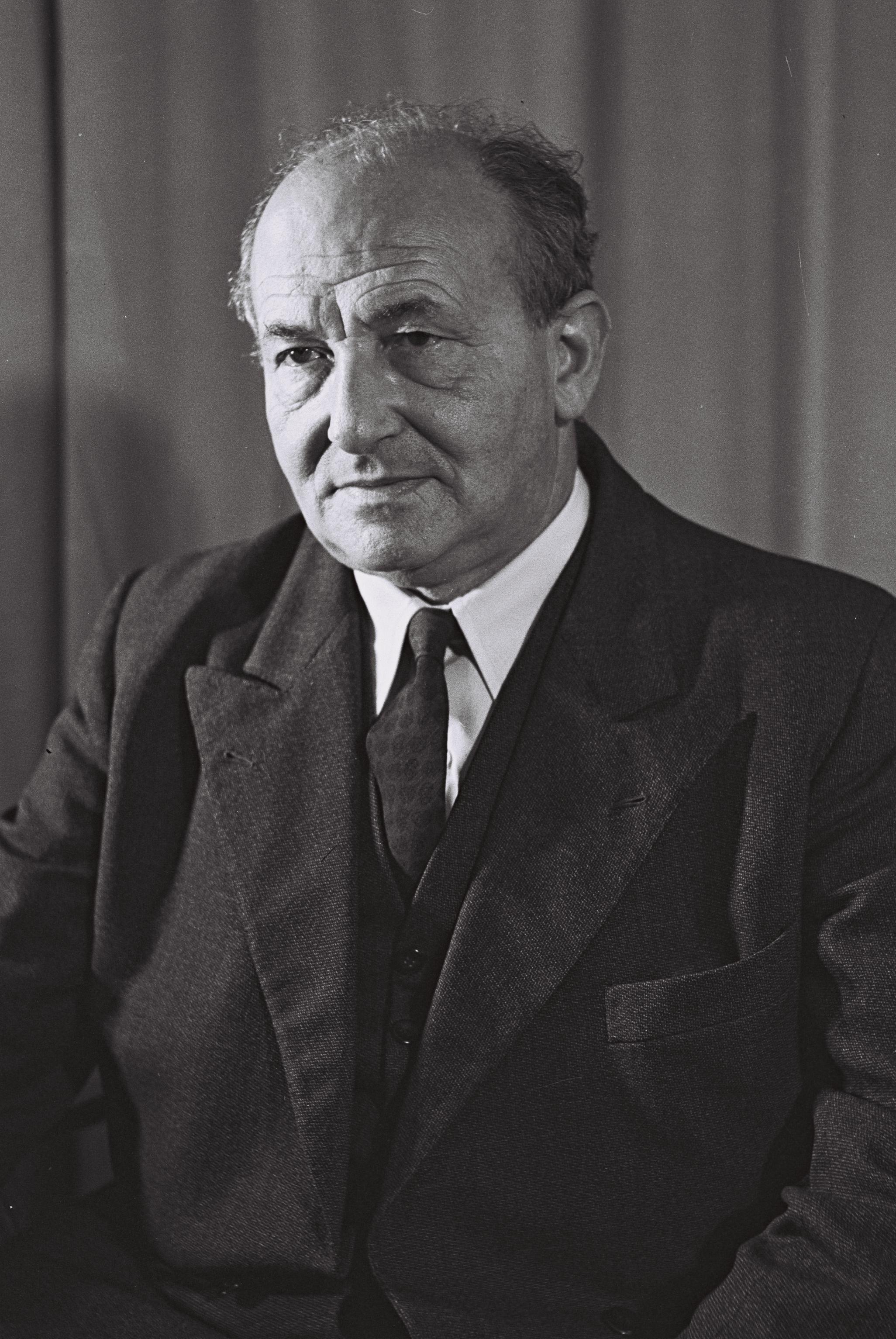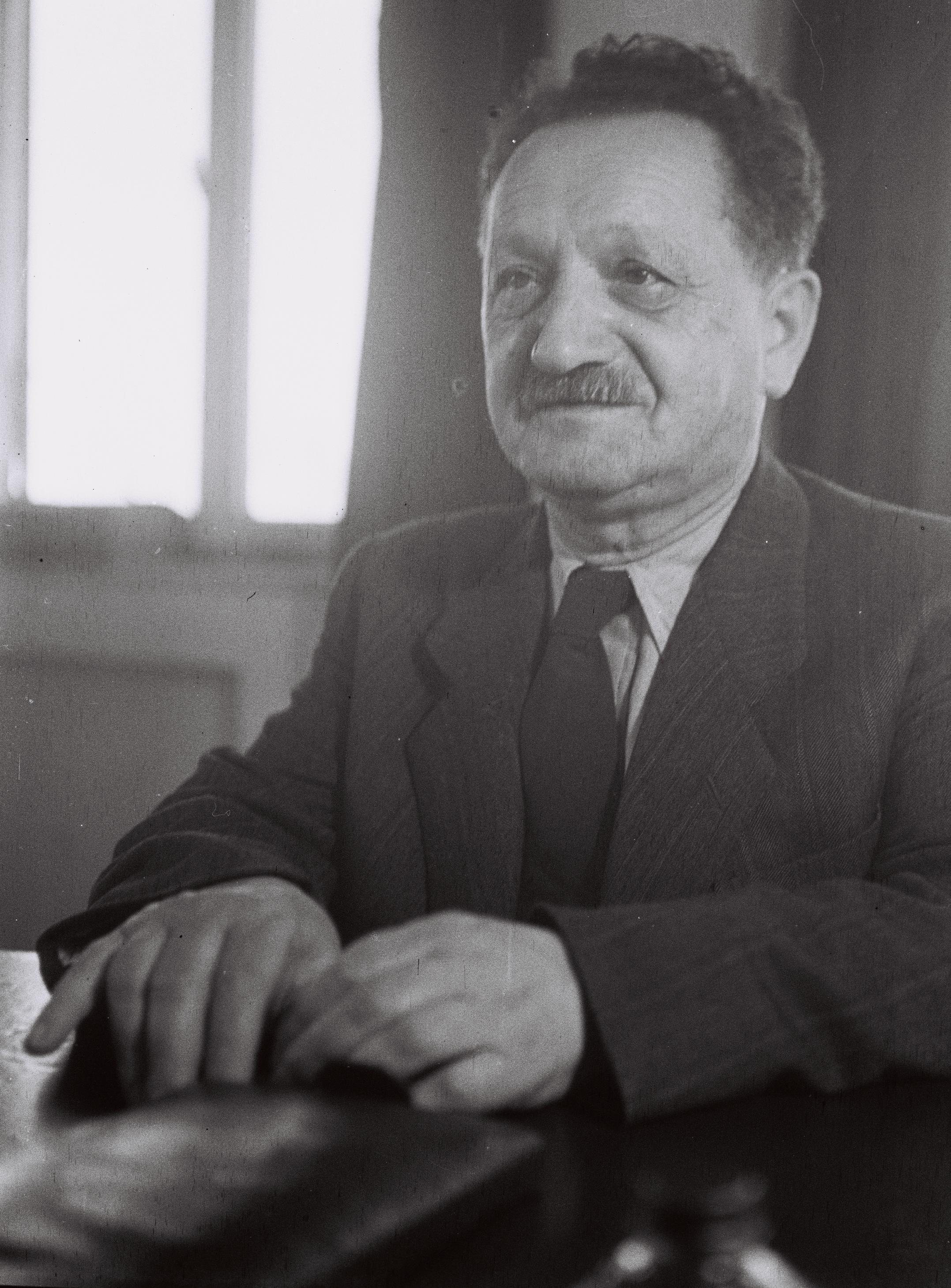|
1959 Israeli Legislative Election
Legislative elections were held in Israel on 3 November 1959 to elect the 120 members of the fourth Knesset. Mapai remained the dominant party, gaining seven seats. Following the elections, Mapai leader David Ben-Gurion formed ninth government on 17 December 1959. His coalition included the National Religious Party, Mapam, Ahdut HaAvoda, the Progressive Party and the three Israeli Arab parties, Progress and Development, Cooperation and Brotherhood and Agriculture and Development. The government had 16 ministers. Mapai's Kadish Luz became the Speaker of the Knesset. Voter turnout was 81.6%.Dieter Nohlen, Florian Grotz & Christof Hartmann (2001) ''Elections in Asia: A data handbook, Volume I'', p124 Results Aftermath The government collapsed when Ben-Gurion resigned on 31 January 1961, over a motion of no-confidence brought by Herut and the General Zionists in the wake of the Lavon Affair. When Ben-Gurion was unable to form a new government new elections were called. Serving ... [...More Info...] [...Related Items...] OR: [Wikipedia] [Google] [Baidu] |
1955 Israeli Legislative Election
Elections for the third Knesset were held in Israel on 26 July 1955. Voter turnout was 82.8%.Dieter Nohlen, Florian Grotz & Christof Hartmann (2001) ''Elections in Asia: A data handbook, Volume I'', p124 Parliament factions The table below lists the parliamentary factions represented in the 2nd Knesset. Results Mapai retained its plurality in the Knesset, although its share of the vote dropped by 5.1 and its share of seats dropped from 47 (at the end of the Second Knesset) to 40. Meanwhile, Herut overtook the General Zionists, Mapam, and Hapoel HaMizrachi to become the second-largest party, with its share of seats nearly doubling (from 8 in the Second Knesset to 15 in the Third). The Third Knesset is notable for being the only Knesset thus far in which none of the represented parties merged or split (although two parties did change their names) and no MKs party switching, switched parties, making it the most stable Knesset in Israel's history. Aftermath Unlike the 1951 I ... [...More Info...] [...Related Items...] OR: [Wikipedia] [Google] [Baidu] |
Prime Minister Of Israel
The prime minister of Israel (, Hebrew abbreviations, Hebrew abbreviation: ; , ''Ra'īs al-Ḥukūma'') is the head of government and chief executive of the Israel, State of Israel. Israel is a parliamentary republic with a President of Israel, president as the head of state. The president's powers are largely ceremonial, while the prime minister holds the executive power. The official residence of the prime minister, ''Beit Aghion,'' is in Jerusalem. The current prime minister is Benjamin Netanyahu of Likud, List of prime ministers of Israel, the ninth person to hold the position (excluding caretakers). Following an election, the president nominates a member of the Knesset to become prime minister after asking party leaders whom they support for the position. The first candidate the president nominates has 28 days to form a viable government that can command a majority in the Knesset. He then presents a government platform and must receive a vote of confidence from the Kness ... [...More Info...] [...Related Items...] OR: [Wikipedia] [Google] [Baidu] |
Progressive Party (Israel)
The Progressive Party (, ''Miflaga Progresivit'') was a liberal political party in Israel. History The Progressive Party was a liberal party, most of whose founders came from the ranks of the New Aliyah Party and HaOved HaTzioni, which had been active prior to independence. It consisted primarily of immigrants from Central Europe. It was formed by three groups: First, and most numerous, was the mostly Central European, middle class New Aliyah Party, which generally took a liberal position on social issues. Second was HaOved HaTzioni, a non-socialist trade union in the Histadrut that rejected the idea of class struggle. Last was "group A" of the General Zionists, which was made up of artisans, small farmers, and members of the liberal professions, and which unlike "group B" was left-of-center and oriented toward the Histadrut. The Progressives favored private investment and shifting control over essential services and welfare functions from the Histadrut to the state. Alt ... [...More Info...] [...Related Items...] OR: [Wikipedia] [Google] [Baidu] |
Religious Torah Front
The Religious Torah Front (, ''Hazit Datit Toratit'') was a political alliance in Israel composed of Agudat Yisrael and Poalei Agudat Yisrael. History The Religious Torah Front was formed when the Ultra-orthodox parties Agudat Yisrael and Poalei Agudat Yisrael decided to contest the 1955 elections on a joint list. In the election the party won 4.7% of the vote and six seats, an improvement on the 3.6% (five seats) won by the parties individually in the 1951 elections, but were not included in David Ben-Gurion's coalition government. During the Knesset session the party changed its name to Agudat Yisrael - Poalei Agudat Yisrael. However, they changed it back to Religious Torah Front before the 1959 elections. In the 1959 ballot, the party again won 4.7% of the vote and six seats but remained outside the government. Due to internal disagreements, the party split into its constituent parts before the 1961 elections, with Agudat Yisrael taking four of the six seats and Poalei Agu ... [...More Info...] [...Related Items...] OR: [Wikipedia] [Google] [Baidu] |
Ahdut HaAvoda
Ahdut HaAvoda () was the name used by a series of List of political parties in Israel, political parties in Israel. Ahdut HaAvoda in its first incarnation was led by David Ben-Gurion. It was first established during the period of Mandatory Palestine, British Mandate and later became part of the Israeli political establishment. It was one of the forerunners of the modern-day The Democrats (Israel), The Democrats. History File:Pre-State Zionist Workers' Parties chart.png, chart of zionist workers parties, 360px, right rect 167 83 445 250 Hapoel Hatzair rect 450 88 717 265 The non-partisans (pre-state Zionist political movement), Non Partisans rect 721 86 995 243 Poale Zion, Poalei Zion rect 152 316 373 502 Hapoel HaMizrachi, HaPoel HaMizrachi rect 552 328 884 512 Ahdut HaAvoda rect 891 301 1111 534 Poale Zion#Factions,_1920_split_and_aftermath, Poalei Zion Left rect 283 519 668 928 Mapai rect 5 665 169 1432 HaOved HaTzioni rect 697 747 918 953 Ahdut HaAvoda#Ahdut_HaAvoda_Movement ... [...More Info...] [...Related Items...] OR: [Wikipedia] [Google] [Baidu] |
General Zionists
The General Zionists () were a centrist Zionist movement and a political party in Israel. The General Zionists supported the leadership of Chaim Weizmann and their views were largely colored by central European culture. The party was considered to have both conservatism, conservative and liberalism, liberal wings, and is one of the ancestors of the modern-day Likud. History The term "General Zionism" initially referred to the beliefs of the majority of members of the World Zionist Organization, Zionist Organization (ZO) who had not joined a specific Political faction, faction or party and belonged to their countrywide Zionist organizations only. The term was first used at the 1907 Zionist Congress to describe the delegates who were affiliated with neither Labor Zionism nor religious Zionism. In 1922, various non-aligned groups and individuals established the Organization of General Zionists as a non-ideological party within the Zionist Organization (later the World Zionist Org ... [...More Info...] [...Related Items...] OR: [Wikipedia] [Google] [Baidu] |
Mapam
File:Pre-State_Zionist_Workers'_Parties_chart.png, chart of zionist workers parties, 360px, right rect 167 83 445 250 Hapoel Hatzair rect 450 88 717 265 The non-partisans (pre-state Zionist political movement), Non Partisans rect 721 86 995 243 Poale Zion, Poalei Zion rect 152 316 373 502 Hapoel HaMizrachi, HaPoel HaMizrachi rect 552 328 884 512 Ahdut HaAvoda rect 891 301 1111 534 Poale Zion#Factions,_1920_split_and_aftermath, Poalei Zion Left rect 283 519 668 928 Mapai rect 5 665 169 1432 HaOved HaTzioni rect 697 747 918 953 Ahdut HaAvoda#Ahdut_HaAvoda_Movement, Ahdut HaAvoda Movement rect 755 977 959 1234 Ahdut HaAvoda#Ahdut_HaAvoda_Poale_Zion_Movement, Ahdut HaAvoda Poalei ZIon rect 775 1265 1136 1444 Mapam rect 966 1023 1232 1217 Hashomer Hatzair Workers Party, HaShomer Hatzair Workers' Party rect 1044 572 1228 766 Hashomer Hatzair, HaShomer HaTzair rect 942 769 1177 919 Socialist League of Palestine rect 387 1275 734 1447 Mapai rect 365 1260 174 1447 Hapoel HaMizrachi, HaPoel ... [...More Info...] [...Related Items...] OR: [Wikipedia] [Google] [Baidu] |
National Religious Party
The National Religious Party (, ''Miflaga Datit Leumit''), commonly known in Israel by its Hebrew abbreviation Mafdal (), was an Israeli political party representing the interests of the Israeli settlers and religious Zionist movement. Formed in 1956, at the time of its dissolution in 2008, it was the second-oldest surviving party in the country after Agudat Yisrael, and was part of every government coalition until 1992. Originally a pragmatic centrist party in its first two decades of existence, it gradually leaned rightward in the following years, particularly becoming increasingly associated with Israeli settlers. Towards the end of its existence, it became part of a far-right political alliance centered around the National Union. The 2006 elections saw the party slump to just three seats, the worst electoral performance in its history. In November 2008, party members voted to disband the party in order to join the new Jewish Home party created by a merger of the NRP ... [...More Info...] [...Related Items...] OR: [Wikipedia] [Google] [Baidu] |
Herut
Herut () was the major conservative nationalist political party in Israel from 1948 until its formal merger into Likud in 1988. It was an adherent of Revisionist Zionism. Some of their policies were compared to those of the Nazi party. Early years Foundation and platform Herut was founded by Menachem Begin on 15 June 1948 as a successor to the Revisionist Irgun, a militant group in Mandate Palestine. The new party was a challenge to the Hatzohar party established by Ze'ev Jabotinsky. Herut also established an eponymous newspaper, with many of its founding journalists defecting from Hatzohar's '' HaMashkif''. Objection to withdrawal of the Israel Defense Forces (IDF) and negotiations with Arab states formed the party's main platform in the first Knesset election. The party vigorously opposed the ceasefire agreements with the Arab states until the annexation of Gaza Strip and the West Bank, both before and after the election. Herut differentiated itself by refusing to recogni ... [...More Info...] [...Related Items...] OR: [Wikipedia] [Google] [Baidu] |
1959 Knesset
Events January * January 1 – Cuba: Fulgencio Batista flees Havana when the forces of Fidel Castro advance. * January 2 – Soviet lunar probe Luna 1 is the first human-made object to attain escape velocity from Earth. It reaches the vicinity of Earth's Moon, where it was intended to crash-land, but instead becomes the first spacecraft to go into heliocentric orbit. * January 3 ** Alaska is admitted as the 49th U.S. state. ** The southernmost island of the Maldives archipelago, Addu Atoll, declares its independence from the Kingdom of the Maldives, initiating the United Suvadive Republic. * January 4 ** In Cuba, rebel troops led by Che Guevara and Camilo Cienfuegos enter the city of Havana. ** Léopoldville riots: At least 49 people are killed during clashes between the police and participants of a meeting of the ABAKO Party in Kinshasa, Léopoldville in the Belgian Congo. * January 6 – The International Maritime Organization is inaugurated. * January 7 – The United ... [...More Info...] [...Related Items...] OR: [Wikipedia] [Google] [Baidu] |
Dieter Nohlen
Dieter Nohlen (born 6 November 1939) is a German academic and political scientist. He currently holds the position of Emeritus Professor of Political Science in the Faculty of Economic and Social Sciences of the University of Heidelberg. An expert on electoral system An electoral or voting system is a set of rules used to determine the results of an election. Electoral systems are used in politics to elect governments, while non-political elections may take place in business, nonprofit organizations and inf ...s and political development, he has published several books. Bibliography Books published by Nohlen include: *''Electoral systems of the world'' (in German, 1978) *''Lexicon of politics'' (seven volumes) *''Elections and Electoral Systems'' (1996) *''Elections in Africa: A Data Handbook'' (1999 with Michael Krennerich and Bernhard Thibaut) *''Elections in Asia and the Pacific: A Data Handbook'' (2001 with and Christof Hartmann) ** ''Volume 2: South East Asia, East ... [...More Info...] [...Related Items...] OR: [Wikipedia] [Google] [Baidu] |
List Of Knesset Speakers
The speaker of the Knesset (, ) is the presiding officer of the Knesset, the Unicameralism, unicameral legislature of Israel. The Speaker also acts as President of Israel when the President is incapacitated. The current speaker is Amir Ohana, who was elected on 29 December 2022. Position The Speaker and their deputies are elected by members of the Knesset. Until a Speaker is elected, the oldest Knesset member who is not the prime minister, the prime minister-elect, a minister or deputy minister, serves as acting speaker. The Speaker is responsible for conducting the affairs of the Knesset and representing the Knesset. They are also charged with preserving the dignity of the Knesset, the decorum of its sittings and observance of Knesset rules of procedure. The Speaker is assisted by a number of Deputy Speakers. Together, the Speaker and Deputy Speakers constitute the Presidium of the Knesset. The Presidium sets the Knesset agenda. Ahdut HaAvoda's Nahum Nir and Blue and White (po ... [...More Info...] [...Related Items...] OR: [Wikipedia] [Google] [Baidu] |








